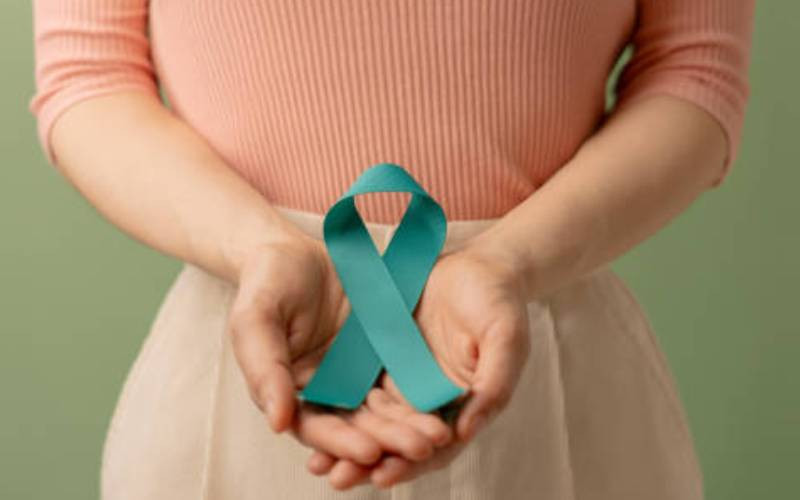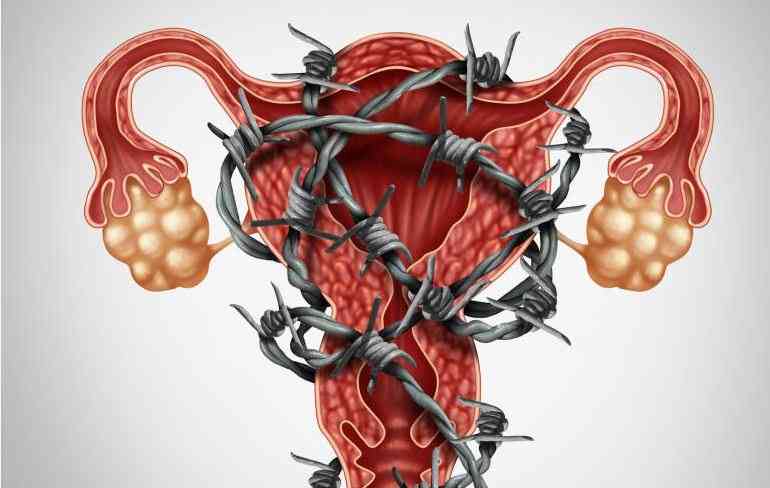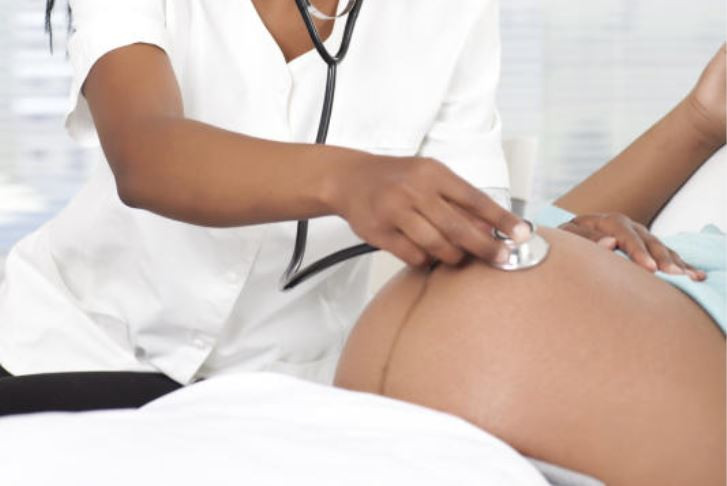
How often do your periods come with pain? Media personality, Njambi Koikai has been immensely vocal about her physically, emotionally and mentally exhausting journey with endometriosis.
As she spoke on Engage Talk on YouTube, Njambi expressed the nature of her periods as causing “apocalyptic pain”.
At the age of 15, her painful periods prompted visits to the doctor, only to be told the pain will be a thing of the past when she gets a child.
Indeed, it is possible to have babies after enduring endometriosis. Here is more to know about the debilitating condition.
Endometriosis awarenessApart from celebrating International Women’s Day, March has been earmarked to create awareness for endometriosis. It occurs when tissue similar to the uterine lining grows outside the uterus.
This ends up causing chronic inflammation, scar tissue, pain and/or infertility. It can take over seven years for a woman to get a correct diagnosis.
Njambi’s diagnosis was clear at the age of 29. The disease had affected major organs, causing her lungs to collapse regularly.
Life impacting diseasePainful periods, pain during bowel movement, urination or sexual intercourse, nausea, bloating; fatigue, depression and infertility are some of the ways in which endometriosis manifests.
According to Dr Charles Muteshi, a fertility specialist at the Aga Khan University Hospital, most patients present to doctors commonly with pain and infertility.
A woman suffering from endometriosis may be tormented to an extent of finding it uncomfortable to simply stand straight. Infertility comes about due to the possible effects the condition has on reproductive organs.
PregnancyMost women affected by endometriosis can get pregnant naturally and have a normal pregnancy. However, with the severity of the disease, the delicate balance of hormones needed to become and maintain pregnancy may be interfered with.
There is a chance of giving birth earlier than usual, low birth weight or bleeding towards the end of the pregnancy. Close monitoring is emphasised to reduce the risk of miscarriage.
Even though endometriosis does not go away during pregnancy, the break-in menstruation gives relief on symptoms.
Women with severe endometriosis may, however, find it difficult to get pregnant. This is due to possible changes in hormonal balance and inflammation of pelvic organs.
TreatmentDr Muteshi says the ultimate treatment for the disease is excision surgery. It is a delicate surgery aimed at restoring the normal function of the affected organs.
There are possibilities that surgery may not guarantee a permanent cure. Recurrence may still occur after treatment.
Laparoscopic procedures, when performed with high efficiency can result in faster recovery and less pain compared to open surgery.
 The Standard Group Plc is a multi-media organization with investments in media platforms spanning newspaper print
operations, television, radio broadcasting, digital and online services. The Standard Group is recognized as a
leading multi-media house in Kenya with a key influence in matters of national and international interest.
The Standard Group Plc is a multi-media organization with investments in media platforms spanning newspaper print
operations, television, radio broadcasting, digital and online services. The Standard Group is recognized as a
leading multi-media house in Kenya with a key influence in matters of national and international interest.










